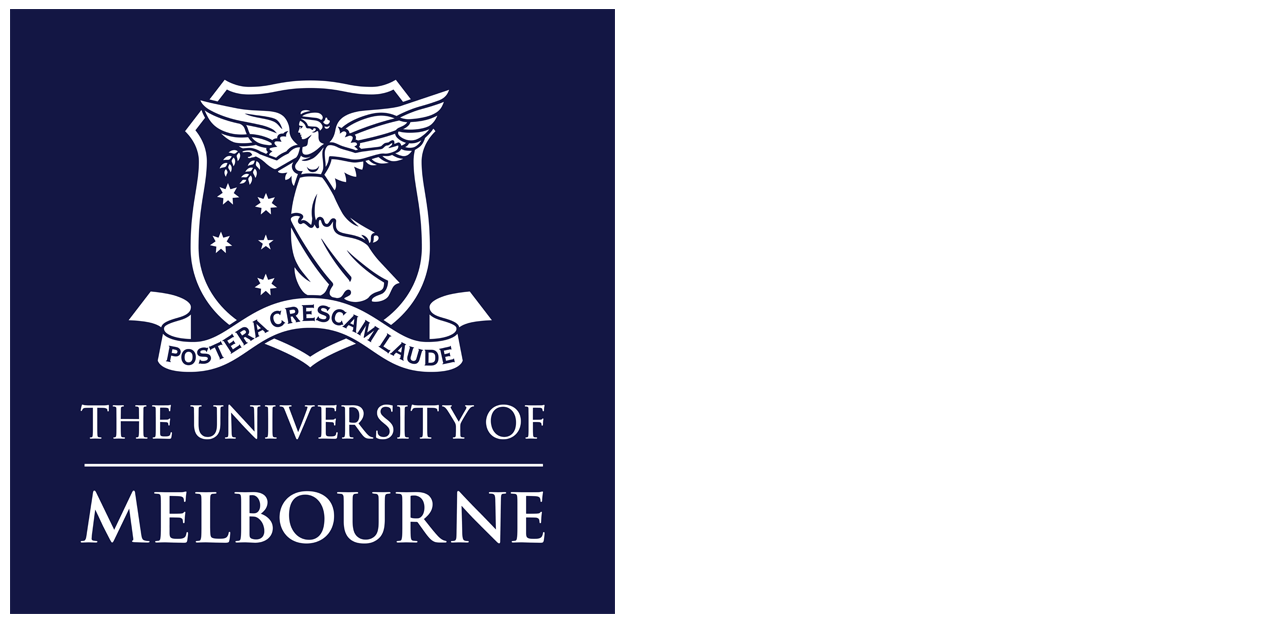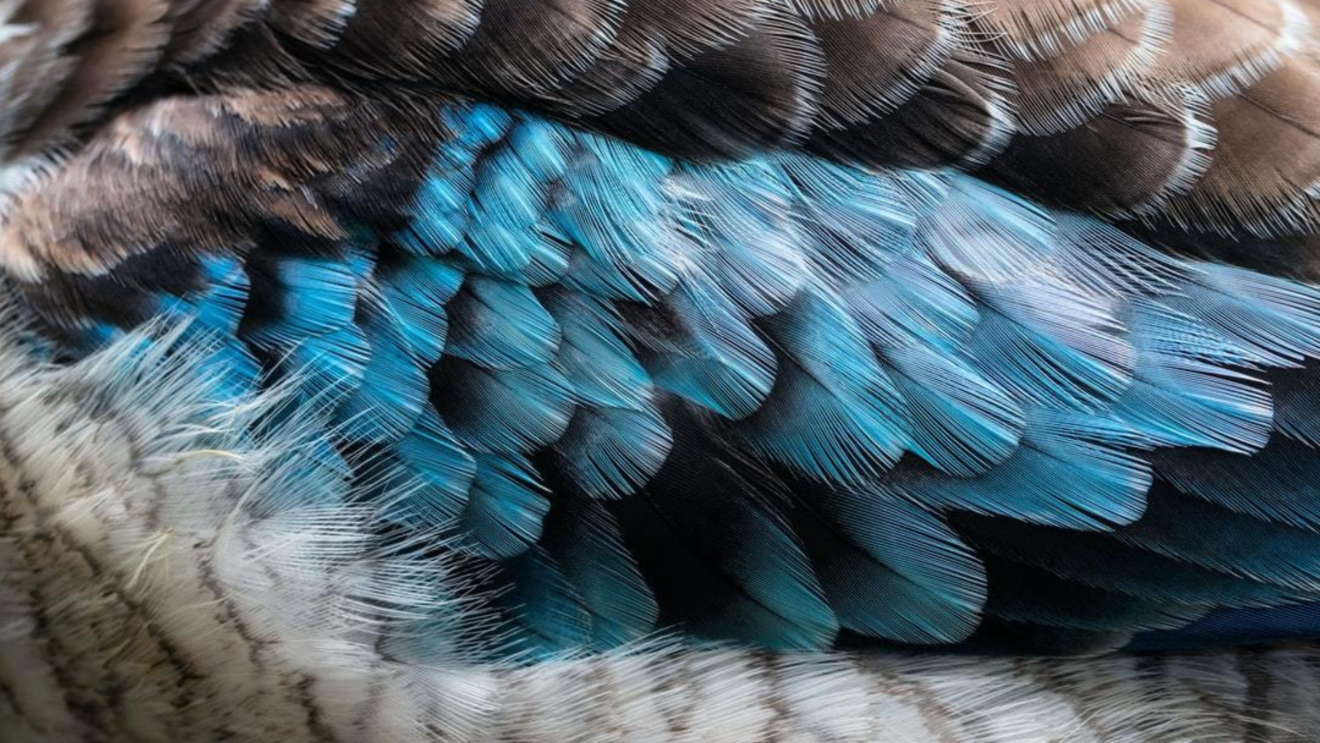

This webinar is the third in the Australian Centre’s 2023 Critical Public Conversations series: Country, Climate, Colonialism.

First Nations (Indigenous) health is identified as a priority for all medical courses across Australia and the need to embed Indigenous knowledges throughout curriculum has been well established. Despite this, definitions of health that underpin medical programs have predominantly followed the colonial paradigms of the biomedical model and, more recently, a biopsychosocial understanding of health, often failing to recognise the importance of including a broader range of social and cultural determinants of health. Significant work remains towards embedding Indigenous knowledges, grounded in community and Country into the curriculum for future health professionals.
The Wurru Wurru health unit within the Melbourne Medical school of The University of Melbourne are committed to innovative ways to embed Indigenous Knowledges into curriculum for tertiary health professional students. By working with local Indigenous communities across Victoria the WWHU have incorporated Indigenous knowledges through cultural immersion programs, genuine collaboration and input from local Elders & community members, and the application of the Wurru Wurru social determinants of health model.
The Wurru Wurru health (WWH) model was designed and co-created grounded in Indigenous ways of knowing, being and doing, recognising social, political, historical, and cultural factors that impact health and wellbeing of Indigenous peoples’ including those that are often neglected such as racism and self-determination. The model incorporates local Indigenous knowledges including Wurundjeri stories to address the existing gap in teaching the social determinants of health to medical students, that can be integrated into teaching across other health disciplines. Further, the WWH model has been utilised as a teaching tool to support co-teaching with First Nations health tutors sharing lived experiences with health profession students.
Dr Ngaree Blow
Director of First Nations Health for medical education at the University of Melbourne
Dr Ngaree Blow is a Quandamooka (Noonuccal Nation), Goreng-Goreng and Yorta-Yorta woman currently completing her advanced training as a Public Health Physician. She works as the Director of First Nations Health for medical education at the University of Melbourne as well as dedicating part of her time to consulting on public health projects.
Ngaree has worked in various medical and public health roles, including as lead medical officier for the COVID-19 outbreak response in 2020-21 and in the COVID-19 Vaccination program in 2022 with the Department of Health, Victoria. She has also established the first all First Nations led and run music health festivals – ‘It’s a Mob Thing’ across Victoria in 2022.
Dr Blow was most recently recognised for her work in 2022 when awarded the MDHS Award for Excellence in Indigenous Health Engagement, as well as the Australasian Faculty of Public health Medicine (AFPHM) Victorian Gerry Murphy Prize in 2020 and was named one of 2019’s Australian Financial Review’s ’100 Women of Influence’. Dr Blow was also a current member and previous board member of the Australian Indigenous Doctors